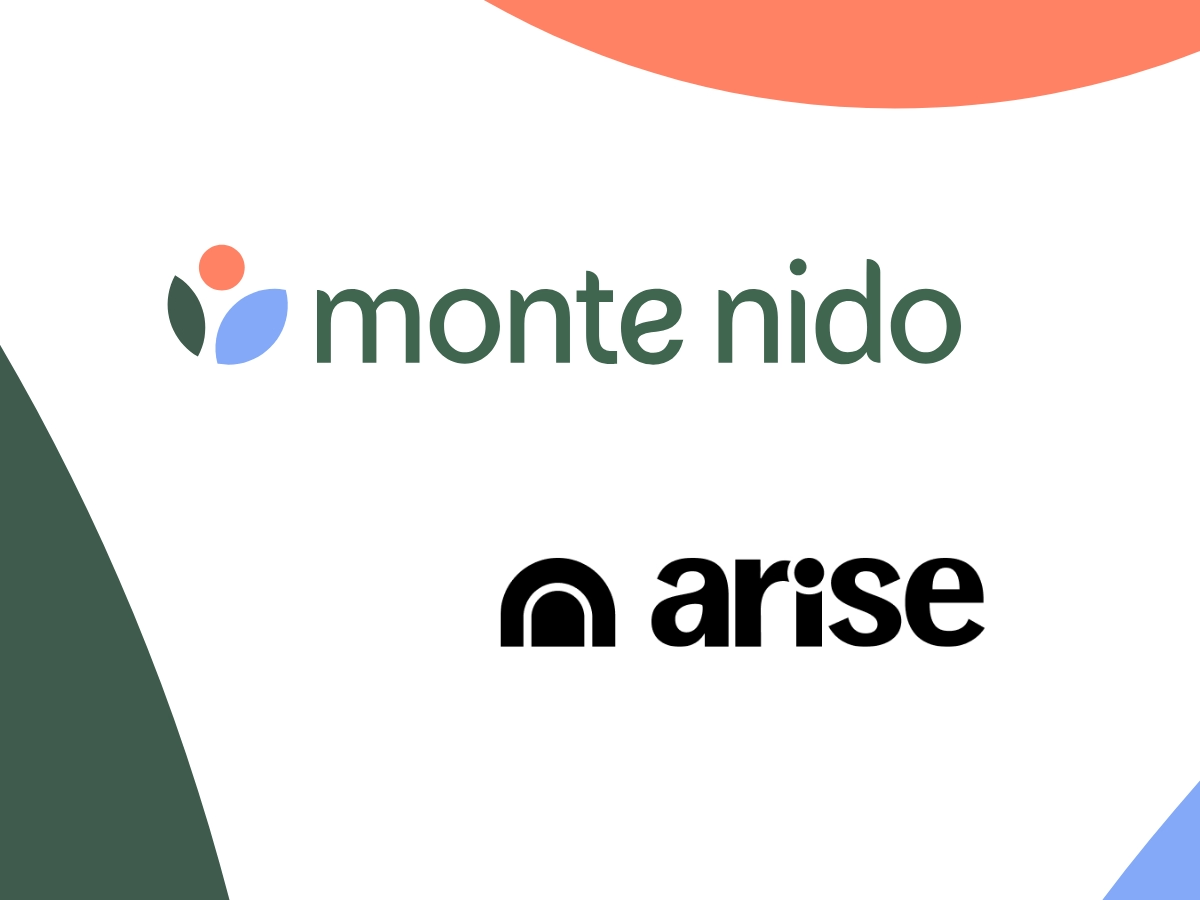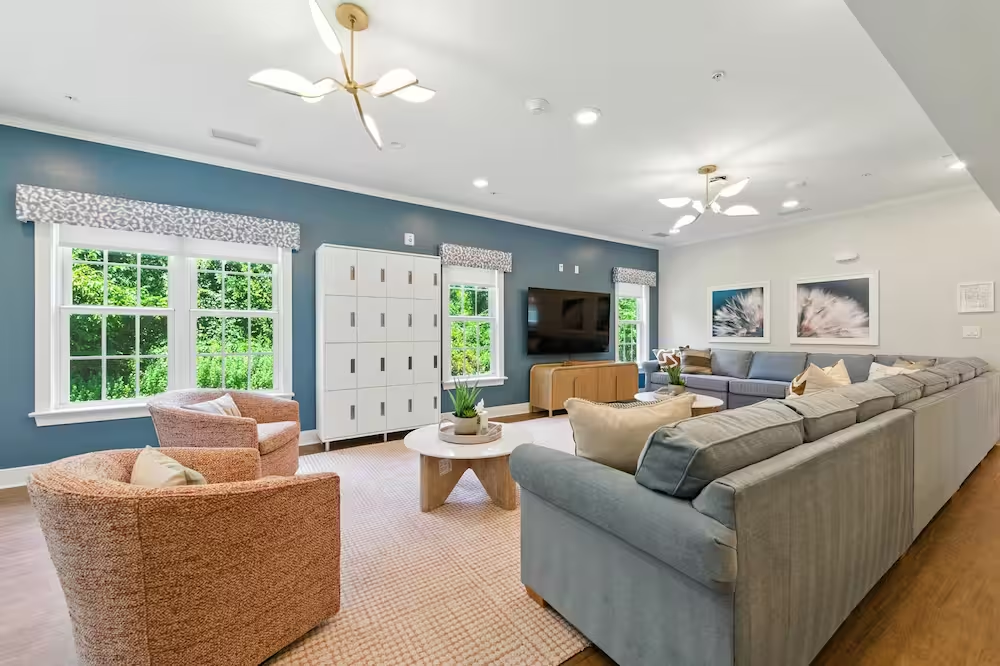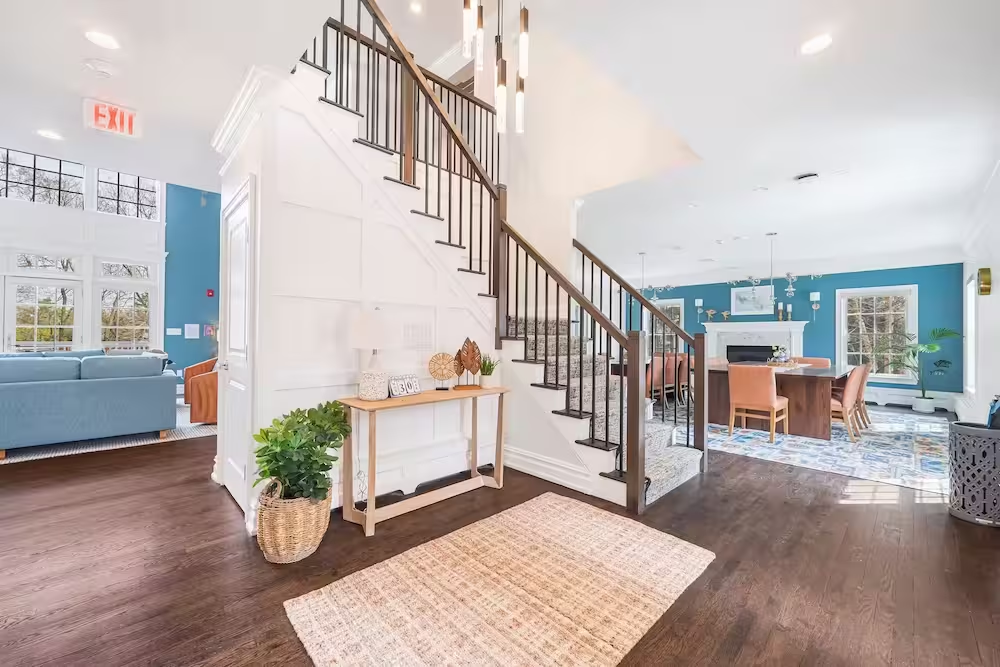Largest Longitudinal Study of Clients in Eating Disorder Treatment Shows Affected Go Beyond Stereotypes

Largest Longitudinal Study of Clients in Eating Disorder Treatment Shows Affected Go Beyond Stereotypes

A new study reveals that over 57% of all individuals entering eating disorder treatment began at or above a normal weight, challenging common misconceptions that people must look underweight to require intervention. Although eating disorders are common, many individuals do not receive the help they need. However, data shows that treatment significantly improves recovery outcomes, helping clients stay well for longer. These important insights are part of the largest longitudinal study on eating disorder treatment outcomes, conducted by Monte Nido, one of the nation’s leading eating disorder treatment providers. The study reviewed data from 12,000 participants, and results underscore that eating disorders affect people of all shapes and sizes, and that specialized, client-first programs can have lifesaving, long-lasting benefits.
Clients Get Well, Stay Well
The long-term impact of eating disorder treatment has proven to be an essential component of the healing process. According to the study:
• 91% of adults and 94% of adolescents restored weight when needed
• Clients treated by Monte Nido maintained treatment gains 6-months post-discharge:
o 81% remained significantly improved in ED symptoms
o 73% remained significantly improved in depression symptoms
o 71% remained significantly improved in symptoms of anxiety
“We believe that recovery is possible for everyone, and our outcomes study demonstrates that treatment can be effective in helping those with eating disorders live the full life they so deserve,” Cassie McLean, Chief Executive Officer of Monte Nido.
Co-Occurring Diagnoses Are Common
The study shows that 85% of all clients had a co-occurring diagnosis of a mood, anxiety or substance use disorder, obsessive compulsive disorder, and/or posttraumatic stress disorder. A co-occurring diagnosis is a significant marker of the complexity of life with an eating disorder. “By addressing both the eating disorder and co-occurring mental health conditions, providers open sustainable pathways for client’s healing,” McLean emphasized.
• 45% of adults and 35.4% of adolescents in residential treatment had PTSD
• These clients demonstrated significantly higher scores on all measures including measures of eating disorder psychopathology, major depression, anxiety disorders and quality of life
• These clients experience both clinically and statistically significant decreases in their symptoms from admission to discharge
• Clients who completed cognitive processing therapy (CPT) sessions showed a significant reduction in PCL-5 scores, dropping from an average of 52.6 to 29, which is below the threshold score of 33, meaning clients no longer met criteria for PTSD at the end of treatment.
Eating Disorders Don’t Discriminate
Despite social and cultural expectations about how those with eating disorders appear, they can and do impact anyone, regardless of gender, sexuality, race, ethnicity, age, socio-economic background and size. Nearly 29 million Americans will experience an eating disorder in their lifetime, and very few will get the care they need, largely due to barriers created by discrimination and weight stigma.
“This study has shed light on who is living with eating disorders, and that they are far more complex and diverse than our socially conditioned image of those living with an eating disorder,” said McLean. “This data will help expand our cultural understanding of individuals that are struggling with a range of eating disorders, and hopefully help remove some of the stigma that so often goes hand-in-hand with a diagnosis.”
Size & Weight
• 57% of adolescents & 58% of adults in residential care were at or above “normal” weight at admission according to the NIH body mass index (BMI) calculator
• Most clients who were diagnosed with other specified feeding or eating disorder (OSFED) have atypical anorexia nervosa
Gender & Sexuality
• 36% of all clients identified as LGBTQIA+
• 63% of LGBTQIA+ adults in residential treatment met criteria for PTSD, compared to 45% cisgender heterosexual adults
Age
• 77.6% of adolescents in residential treatment (average age of 15) had a co-occurring diagnosis, such as a mood disorder, anxiety disorder, or PTSD.
• 38% reported that someone else in their family has struggled with an eating disorder or disordered eating
• 75% of these adolescents had their families that were either very or extremely involved in treatment as indicated by regular family therapy and consistent communication with the clinical team
Data Shines a Light on ARFID and BED
Findings also emphasize the commonality of two lesser-known eating disorders, avoidant/restrictive food intake disorder (ARFID) and binge eating disorder (BED) within the client population. This data is important as certain disorders, like BED, are often misunderstood and misdiagnosed due to an overreliance on BMI as a measure of health. This misconception can lead to inadequate treatment, and even unhelpful guidance from providers.
· Adults, with an average admission age of 32, had binge eating disorder for 20 years before receiving treatment at Monte Nido, and 14 years before seeking any form of treatment.
· Clients with BED got better on all measures in all levels of care
ARFID, which is characterized by “selective behaviors” or disinterest in food, has historically been difficult to diagnose, explaining why it’s sometimes considered a “new” eating disorder. This year, Monte Nido developed the first measuring tool of its kind to help inform ARFID treatment, the Food Flexibility Scale™, which illustrates the levels of food flexibility that clients achieve through treatment. By using the novel food flexibility scale that measures progress across various degrees of variety, volume, and exposure to different food settings, the study indicates significant growth over the course of treatment. Of clients treated for ARFID, 89% of clients reached adequate nutritional intake levels by the end of treatment.
Flexible Treatment Modalities Increase Accessibility
The study also highlights the importance of flexible treatment options in improving accessibility, particularly through expanded virtual programs. These options allow clients to receive care despite geographic, scheduling, or familial barriers.
“Access to flexible, innovative treatment options, especially virtual programs, is a game-changer for clients who might otherwise forgo the care they need,” said Molly Perlman, MD, MPH, CEDS-C, Chief Medical Officer of Monte Nido. “By removing obstacles, virtual treatment is transforming how and when individuals seek help, making care more adaptable to real-life demands."
Regardless of being in-person or online, data shows that less-intensive but highly structured remote treatment facilitates meaningful recovery among clients.
• 88% of clients discharged from virtual treatment described their experience as good to excellent
• Clients discharging from virtual programs with Monte Nido rated their experience with program staff- including clinical directors, primary therapists, dieticians, recovery coaches, their psychiatric and medical providers as excellent on average
For more information about Monte Nido or to read the complete study, click here.
To inquire about treatment at one of the Monte Nido programs, please visit https://montenido.com/.
About the Monte Nido 2024 Outcomes Report
The 2024 Outcomes Report is based on analysis of outcomes from Monte Nido programs nationwide, spanning all levels of care and more than 12,000 clients. Clients who consented to participate in the research study completed a series of clinical questionnaires at select intervals: at admission, upon transfer to a new level of care, and upon discharge from a program. In addition, follow-up data was obtained from consenting clients at specified time points after discharge.




.avif)